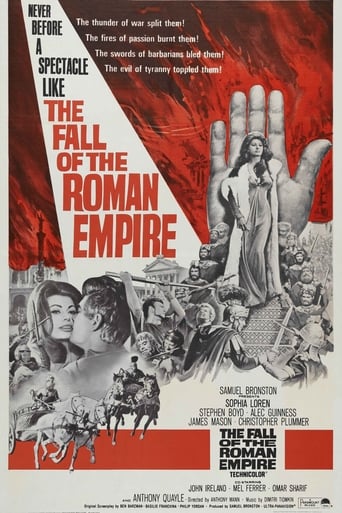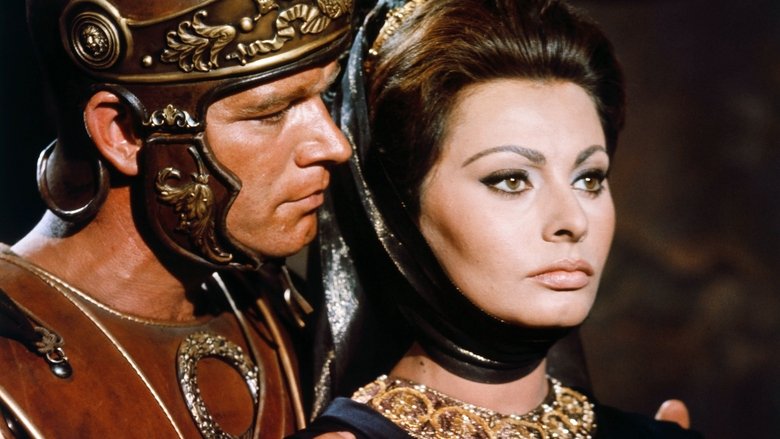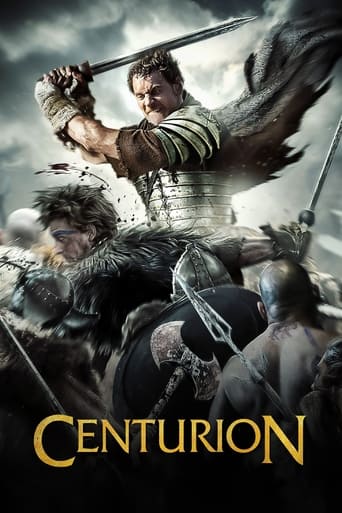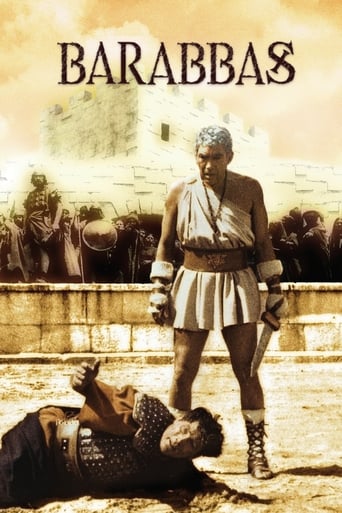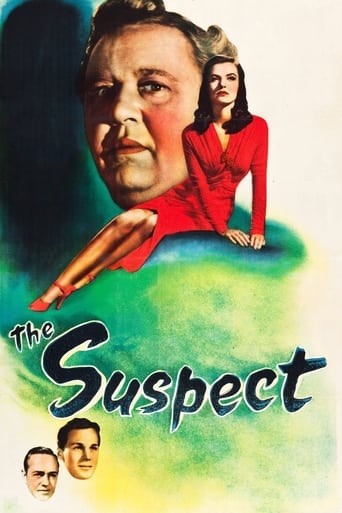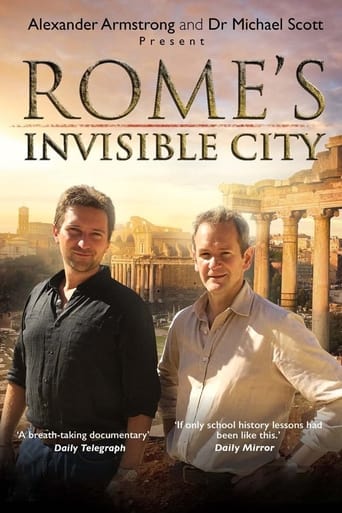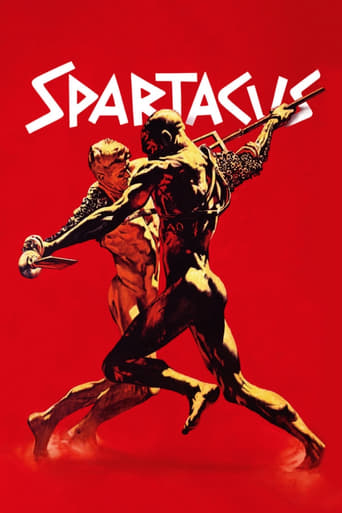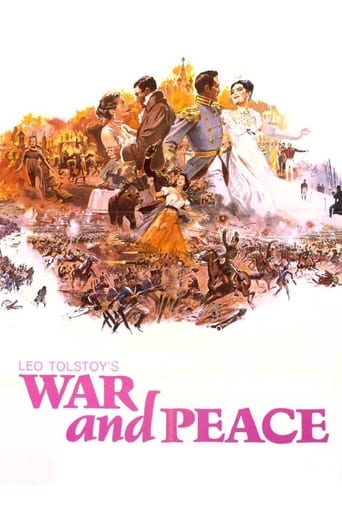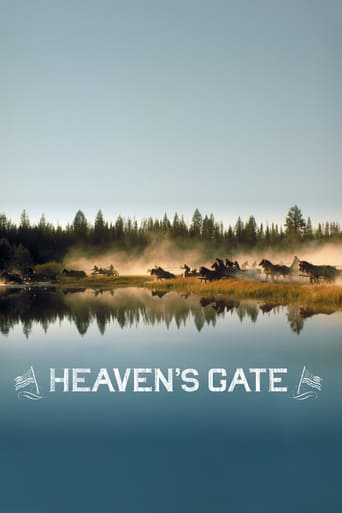The Fall of the Roman Empire (1964)
In the year 180 A.D. Germanic tribes are about to invade the Roman empire from the north. In the midst of this crisis ailing emperor Marcus Aurelius has to make a decision about his successor between his son Commodus, who is obsessed by power, and the loyal general Gaius Livius.
Watch Trailer
Free Trial Channels
Cast


Similar titles
Reviews
Lack of good storyline.
Just so...so bad
Brilliant and touching
The film's masterful storytelling did its job. The message was clear. No need to overdo.
If you're a purist Roman historian, you'll likely find yourself somewhat disappointed. The director deliberately took some historical liberties to flesh out an intense historical human drama. But it's not all that bad. It is interesting. The movie follows historical events of 180 A.D., sort of. There is no historical record that Marcus Aurelius intended a pan-Roman peace as the movie indicated. In fact, Marcus far-reaching ambition was to create two, new Roman provinces after defeating the Marcomanni, Quadi, and Sarmatians. The concept of pan-Roman citizenship became reality in 211-212 A.D. when emperor Caracalla extended Roman citizenship throughout the empire. In 180 A.D., Marcus was preoccupied with the survival of the Roman empire itself. After 22 years of almost total peace and prosperity throughout the Roman empire under the sage emperor Antoninus Pius, his successors, the co-emperors Marcus Aurelius and Lucius Verus found themselves almost immediately beset by attacks on the empire from Parthia in the east and the warlike Germanic Chauci and Chatti tribes. With difficulty both threats were met and neutralized but that was only the beginning. Historians think that westward migratory movements by Gothic tribes in eastern Europe started a chain reaction of Germanic tribes moving west and south west into Roman empire territory. The Marcomanni had always been known to Rome since the time of emperor Trajan. This powerful, large Germanic tribe had, with few exceptions, usually stable relations with Rome. But over 60 years later, population growth affected not only the Marcommani but almost every major Germanic tribe. New lands were needed by everyone. But Europe was now thoroughly settled. Nations could not expand without coming into conflict with another. After one punitive expedition to repel a Germanic invading tribe, Verus died, leaving Marcus to deal with the most serious threat that Rome had faced from foreign invaders in centuries. The Marcommani, Quadi, and Sarmatian tribes poured into the Roman empire and the Romans suffered serious military setbacks and at one time Marcus and his army were surrounded by the Quadi and defeat was near. The fighting was desperate and often hopeless but against all odds, Marcus and his legions prevailed, barely at the price of immense casualties. All three tribes were thoroughly defeated and had to sue for peace. It was at this point the exhausted Marcus, never a robust man, is thought by historians to have died of stomach cancer. There is no historical record that Marcus intended to replace his son Commodus nor is there any record of Marcus' thoughts and conversations to that effect. Historians still thought it odd because Marcus' four emperor predecessors selected their successor and it was not a son or relative. Marcus broke the chain of emperors selecting a qualified man as successor and this bore serious consequences for the empire. Nonetheless, history records that Commodus tried to rule justly and competently in his first six years of rule. Commodus must have listened to Marcus' advisors because he abandoned the plan to create two new Roman provinces from the lands of the defeated Germanic tribes. The realism Commodus faced was that the Roman army was depleted. Two new provinces would require at least three Roman legions apiece for minimum military occupation, manpower that Rome didn't have. Nor did Rome have the financial resources after a dozen years of continual warfare. Rome was financially spent. Given the realities of the situation, Commodus abandoned his father's plans for two, new provinces. Another poster was puzzled that the Roman legionaries carried their swords on their right side as this would make for awkward withdrawal with the right hand. But this is true. Roman legionaries carried their gladius swords on the right side, according to orders. Only the centurions and higher officers could wear their swords on the more convenient left side, which they did. Historians are still not certain as to the reason but it was military regulation for the typical legionnaire to carry his gladius on the right side.
one of proofs about the glamour of an Age of Hollywood. impressive at whole, dramatic, seductive, bitter, wise mix of love story and politic, source of inspiration for The Gladiator, giving an impressive Marcus Aurelius and a memorable Commodus, it is naive, childish, maybe, in many scenes, but its force of seduction remains the same and almost unique. not surprise it is the same situation for all the historical frescoes of Hollywood from this period. but this is the motif for sure it again.
Few films have drawn emotion from me as this one. A great set of characters portrayed strongly by it's talented cast, supported by a compelling interpretation of the events that led to the downfall of Rome, told in an intelligent manner. And even the central love story is involving & cheerful.The action set pieces portray an entertaining, yet brutal & uncomfortable feeling of near realism. The filmmakers are able to tell that ultimately violence is a cruel thing & should never be resorted to.All the above factors combined really kept me involved, which is a rare case as mentioned above. The few flaws do not ruin the experience of this great film, recommended to moviegoers without a doubt!
The tutti orchestra blares Elgar. The leather-clad actors declaim with hand outstretched. The cameras pan across the Roman Empire. I yawn. Why, you ask? The beginning is all exposition. Actors usually are hired to show, not tell. Possibly it gets better later on, but as a member of the Baby Boomers, I haven't the nanoseconds to waste on British-accented, slowly developing pseudo-history. Varus, give me back my legions. Then give me back the time I spent watching this. The tutti orchestra blares Elgar. The leather-clad actors declaim with hand outstretched. The cameras pan across the Roman Empire. I yawn. Why, you ask? The beginning is all exposition. Actors usually are hired to show, not tell. Possibly it gets better later on, but as a member of the Baby Boomers, I haven't the nanoseconds to waste on British-accented, slowly developing pseudo-history. Varus, give me back my legions. Then give me back the time I spent watching this.

